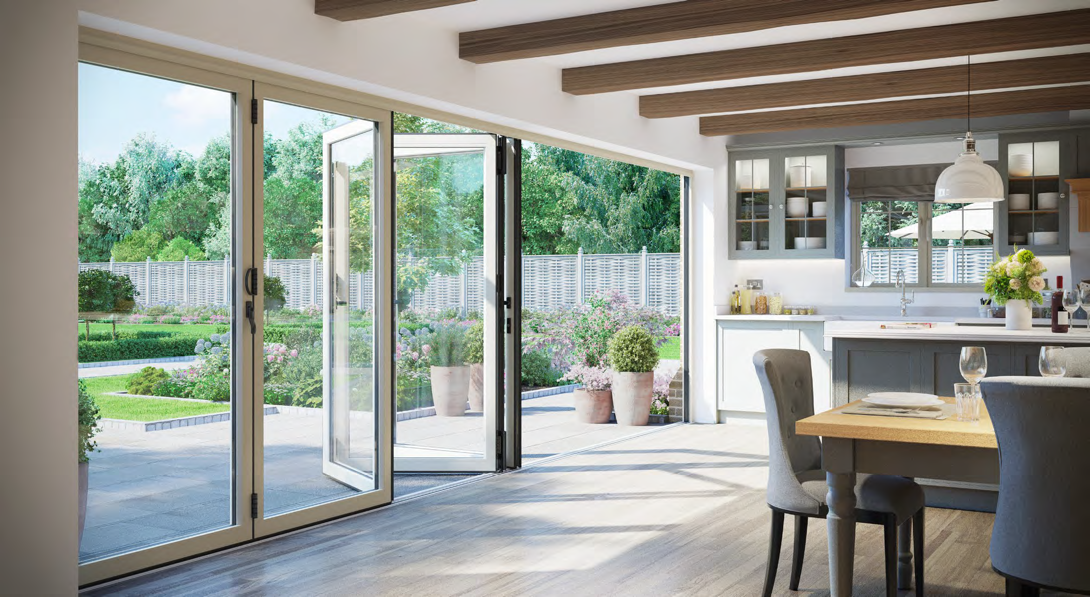Window Glass Replacement: A Comprehensive Guide
Intro
Window glass replacement is a vital home enhancement job that deals with both aesthetic appeals and performance. Beyond merely enhancing the look of your home, new glass installations can enhance energy effectiveness, security, and convenience. Whether due to accidental damage, wear and tear, or updating to more energy-efficient alternatives, comprehending the ins and outs of window glass replacement can make the procedure smoother and more cost-effective.
Why Replace Window Glass?
Numerous situations can prompt homeowners to consider window glass replacement. Here are a few typical reasons:
- Damage or Breakage: Cracks and shattered glass can posture safety risks and inconveniences.
- Energy Efficiency: Older window glass may not fulfill modern energy standards, leading to higher utility costs.
- Condensation: Foggy windows typically indicate seal failure, allowing moisture to build up in between panes.
- Visual Preferences: An upgrade can improve curb appeal and general home worth.
- Sound Reduction: Replacing single-pane glass with double or triple-pane options can obstruct exterior sound better.
Table 1: Common Reasons for Window Glass Replacement
| Reason for Replacement | Description |
|---|---|
| Damage or Breakage | Safety issues due to cracks or shattered glass. |
| Energy Efficiency | Lowering cooling and heating costs by upgrading to modern glass. |
| Condensation | Indicating seal failure, resulting in moisture build-up between panes. |
| Visual Preferences | Improving look and prospective boost in residential or commercial property worth. |
| Sound Reduction | Enhancing comfort by minimizing outdoors sound pollution. |
Types of Window Glass
When considering replacement, it's crucial to know the different types of window glass readily available:
- Single-Pane Glass: The least energy-efficient option, frequently discovered in older homes.
- Double-Pane Glass: More energy-efficient due to the insulating air layer between the panes.
- Triple-Pane Glass: Offers superior insulation and energy savings, perfect for extreme environments.
- Low-E Glass: Coated with a thin metallic layer to show heat and UV rays, boosting energy performance.
- Tempered Glass: Heat-treated for increased strength, making it less most likely to shatter.
Table 2: Types of Window Glass and Their Benefits
| Type of Glass | Description | Benefits |
|---|---|---|
| Single-Pane | One layer of glass | Affordable, however bad insulation. |
| Double-Pane | Two layers of glass | Much better insulation, more energy-efficient. |
| Triple-Pane | Three layers of glass | Optimal insulating homes. |
| Low-E | Covered glass for better energy use | Decreases heat and UV rays. |
| Tempered | Increased strength and security | Shatters into small pieces, reducing injury risk. |
The Replacement Process
Changing window glass includes mindful planning and execution. Here's a streamlined procedure to follow:
- Assess the Damage: Identify whether complete replacement is essential or if repairs might be enough.
- Choose the Right Glass: Based on your needs, pick the most appropriate type of glass.
- Employ a Professional or DIY: Decide whether to take on the replacement yourself or work with a professional. If choosing DIY, ensure you have the right tools and products.
- Gather Materials: Ensure you have everything needed-- consisting of security gear, glazing putty, and the new glass.
- Get Rid Of the Old Glass: Carefully secure the broken or broken glass, making sure to secure yourself from sharp edges.
- Set Up New Glass: Fit the new glass into the frame, using glazing putty to protect it in place.
- Seal and Paint: Complete the installation by sealing any gaps and repainting if essential.
Advantages of Hiring a Professional
While DIY jobs can be gratifying, there are numerous advantages to working with specialists:
- Expertise: Professionals have experience and skills applicable to various types of windows and materials.
- Time-Saving: Pros can typically finish the task faster than an unskilled homeowner.
- Guarantee: Many contractors supply warranties on labor and products, offering assurance.
Often Asked Questions (FAQs)
1. How much does window glass replacement typically cost?
The cost differs according to the kind of glass, window size, and whether a professional is employed. On average, property owners might spend in between ₤ 100 and ₤ 600 per window.
2. How long does it take to change window glass?
The replacement procedure generally takes a couple of hours to a full day, depending upon the task scope and whether problems occur.
3. What should I do if my window is foggy?
If a window is foggy, it might require to be resealed or changed completely. Consulting a professional can help figure out the best strategy.
4. Can I update to energy-efficient glass?
Yes, changing your existing glass with energy-efficient options can considerably lower energy costs and improve comfort.
5. Do I need an authorization for window replacement?

Permit requirements vary by area. Consult your local government to ensure compliance with building codes and guidelines.
Window glass replacement is a crucial task for preserving the safety, performance, and look of your home. By comprehending the reasons for replacement, acknowledging the types of glass available, and following the proper steps for installation, house owners can make informed decisions that ultimately boost their living spaces. Whether handling the project alone or getting the help of a professional, the outcomes will cause increased convenience and satisfaction in one's home environment.


